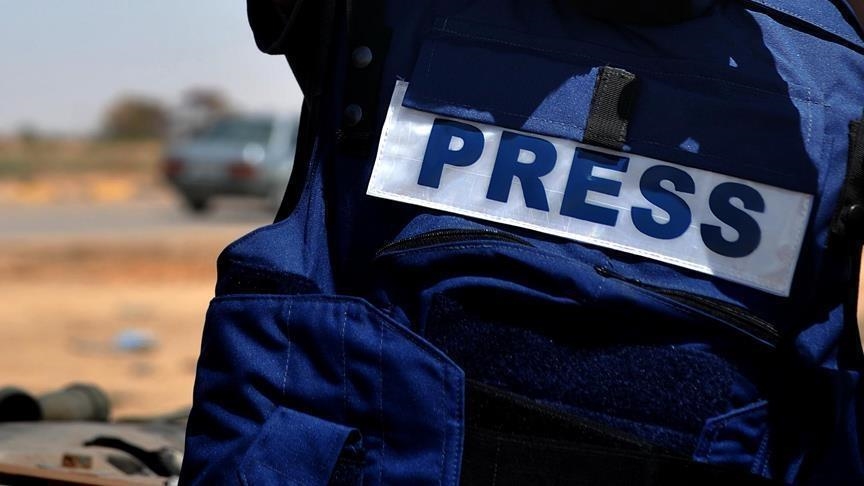Qatar has made significant progress in the 2024 World Press Freedom Index, rising 21 places to 84th position and ranking top in the Middle East and North Africa region.
Qatar has made a significant leap in the 2024 World Press Freedom Index, climbing 21 places from its previous ranking and classed as “problematic” from “difficult”, taking the top spot in the Middle East and North Africa region, according to the annual report published by Reporters Without Borders (RSF) on Friday.
Qatar now stands at 84th position, revealing a notable improvement from its 105th placement in the 2023 index, which ranks 180 countries on the ability of journalists to work and report freely and independently.
According to the latest ranking, Qatar is the region’s only country where the situation was not categorised as “difficult” or “very serious”.
The report noted some pluralism in Qatar’s media landscape, identifying Doha News as an outlet offering news in the English language for the local community’s expatriates. The report also acknowledged the Qatar-based Al Jazeera TV as a globally recognised broadcaster.
The latest advancement places Qatar ahead of several countries on the list, including Greece (88), Israel (101), Mexico (121), and Singapore (126), reflecting a positive trend in the nation’s approach to press freedom.
Meanwhile, the United Arab Emirates (UAE) has witnessed a decline in its ranking, moving down from 145 to 160, while Saudi Arabia has experienced a slight improvement, climbing four places from 170 to 166.
The latest report found that political attacks on press freedom, including the detention of journalists, suppression of independent media outlets and widespread dissemination of misinformation, have significantly intensified in the past year.
It comes amid Israel’s war on Gaza, which has killed over 100 Palestinian journalists, according to the Committee to Protect Journalists (CPJ) and the International Federation of Journalists (IFJ).
Israel has also banned international journalists from entering the besieged Gaza Strip to report on the situation as it stands accused of possibly committing genocide in its war which began on 7 October.
RSF said that since 7 October Israel “has been trying to suppress the reporting coming out of the besieged enclave [Gaza] while disinformation infiltrates its own media ecosystem”, resulting in its overall press freedom situation being classed down from “problematic” to “difficult”.
Elsewhere in the region, journalists have been killed in Sudan, where there have been serious attempts to curb independent reporting of violence and civil war.
The situation for media professionals in Syria has also deteriorated, with journalists who have fled press repression in their home country threatened with expulsion from neighbouring Jordan, Turkey and Lebanon.
The RSF also said that four of the world’s biggest jailers of journalists – Israel, Saudi Arabia, Syria and Iran – have continued to attack and detain them.







